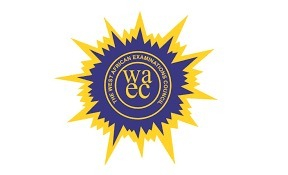



When the results of the West African Senior School Certificate Examination (WASSCE) are delayed, students, parents, and teachers frequently become curious and worried. Determining the causes of these delays can reveal a complicated network of variables affecting West African schooling.
The painstaking procedure of compiling and verifying the results may have been a significant contributing factor in the delay. Following the tests, the examining bodies are required to make sure that all of the papers are correctly evaluated and that any inconsistencies are fixed. This procedure can take a long time, particularly if there are many candidates from different nations.
The influence of other variables that can interfere with the examination process, such as political unrest, economic difficulties, or even natural calamities, is another fascinating feature. For example, there may be delays in exam administration or result processing if there are strikes or other disruption in the area.
Furthermore, even if the goal of integrating technology into the examination process is to increase efficiency, it may sometimes result in unanticipated issues. Before results may be made public, technical problems that arise during the integration of new grading and result distribution systems may need to be fixed.
Furthermore, there is an additional level of urgency and scrutiny due to the significance of these findings in determining students' educational and professional pathways. Students' and their families' ambitions and aspirations are frequently reflected in the anticipation around the release of WASSCE results, which makes the wait even more meaningful.
In conclusion, a variety of factors, including administrative, technological, and sociopolitical difficulties, contributed to the postponement of the WASSCE findings. Examining these elements not only clarifies the testing procedure but also draws attention to the wider ramifications for regional education.